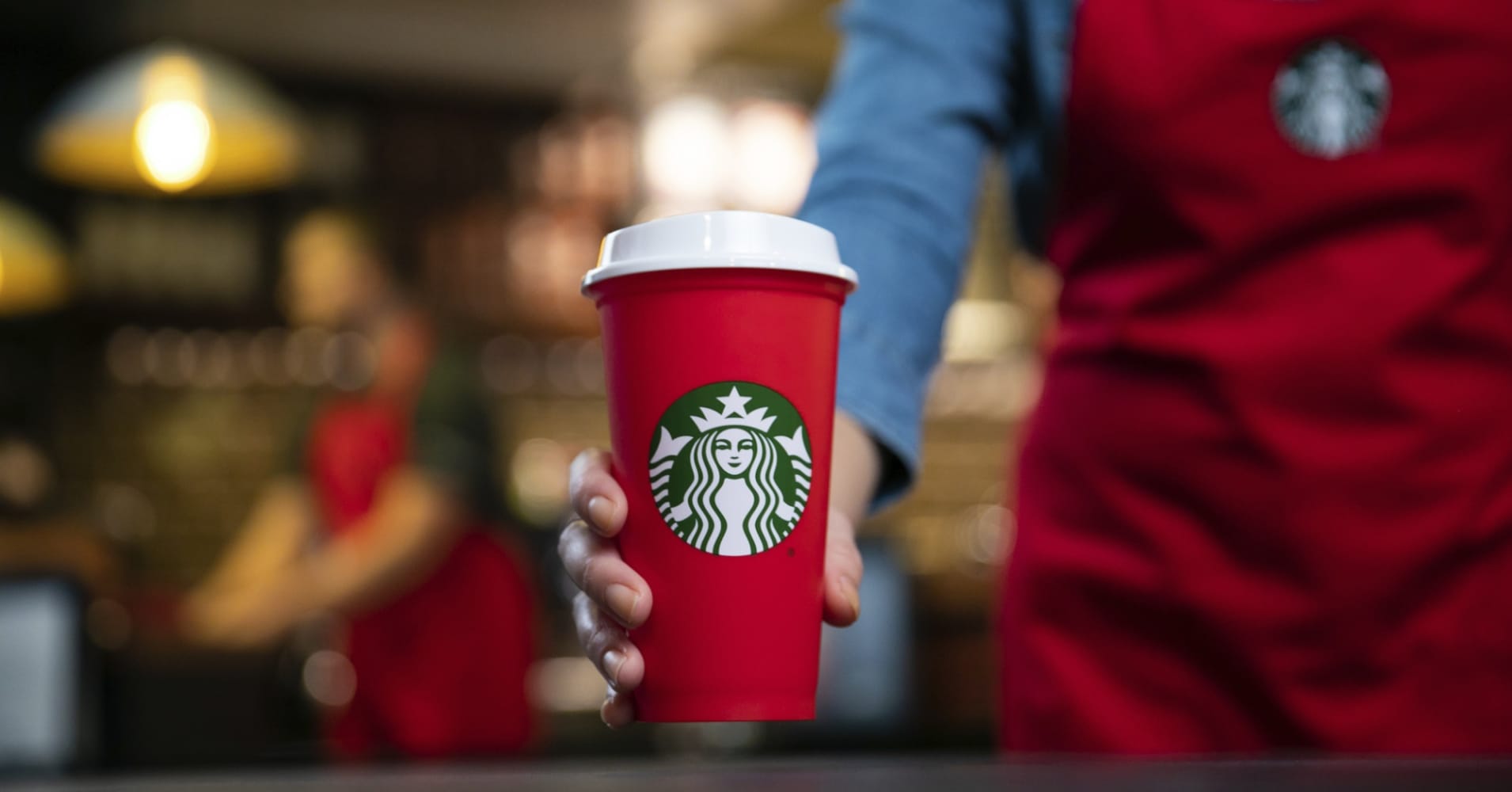
To remedy this, Starbucks has shifted its strategy to include more cold beverages like teas, Starbucks Refreshers energy drinks and cold brew coffee. Around 50 percent of all Starbucks purchases include a cold beverage, the company said in December when it met with analysts.
Starbucks executives also plan to leverage increased use of its mobile app for ordering and a rising number of loyalty members. It also recently announced a new delivery partnership with Uber Eats in the U.S.
Another facet of Starbucks’ strategy is its Reserve Roasteries. These massive 20,000 square-foot stores that are designed to be tourist destinations. Here, Starbucks can experiment with different brewing methods and craft new, innovative beverages.
But Starbucks isn’t out of the woods yet. While the company reaffirmed its financial targets for fiscal year 2019 in December, it also lowered its long-term earnings forecast.
During its analyst meeting, the company said it expects its earnings per share on an adjusted basis to rise at least 10 percent a year over the longer term. Previously, the company predicted 12 percent growth on this basis.
Starbucks’ new chief financial officer, Pat Grismer, also said its coffee alliance with Nestle will add to its adjusted earnings per share in fiscal years 2020 and 2021, helping to boost its growth to at least 13 percent in those two years.
Overall, it’s emerging that Johnson is planning to take a more measured approach to growth during his tenure as CEO.
Shares of the coffee company are up nearly 7 percent over the past year.
Be the first to comment